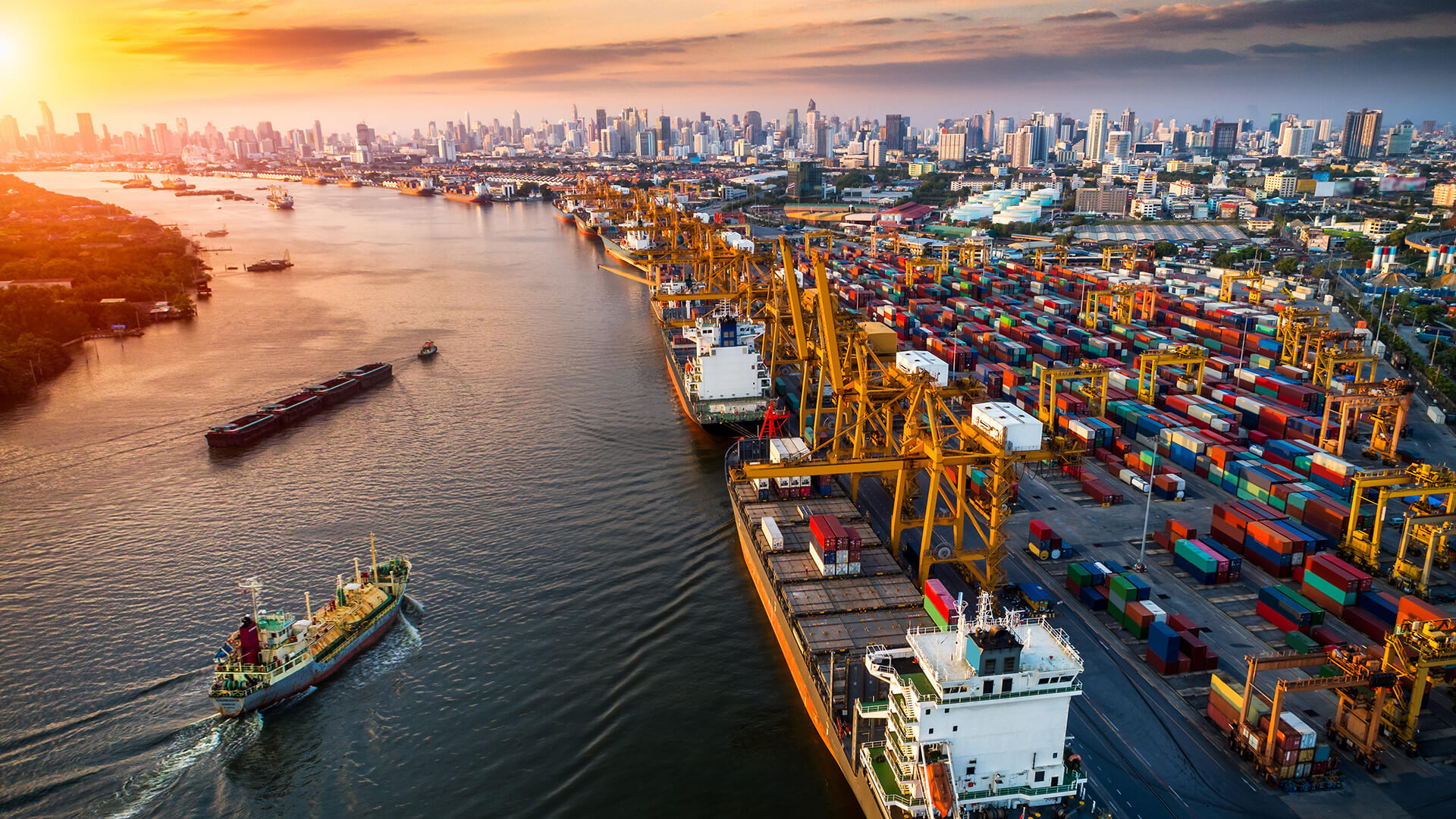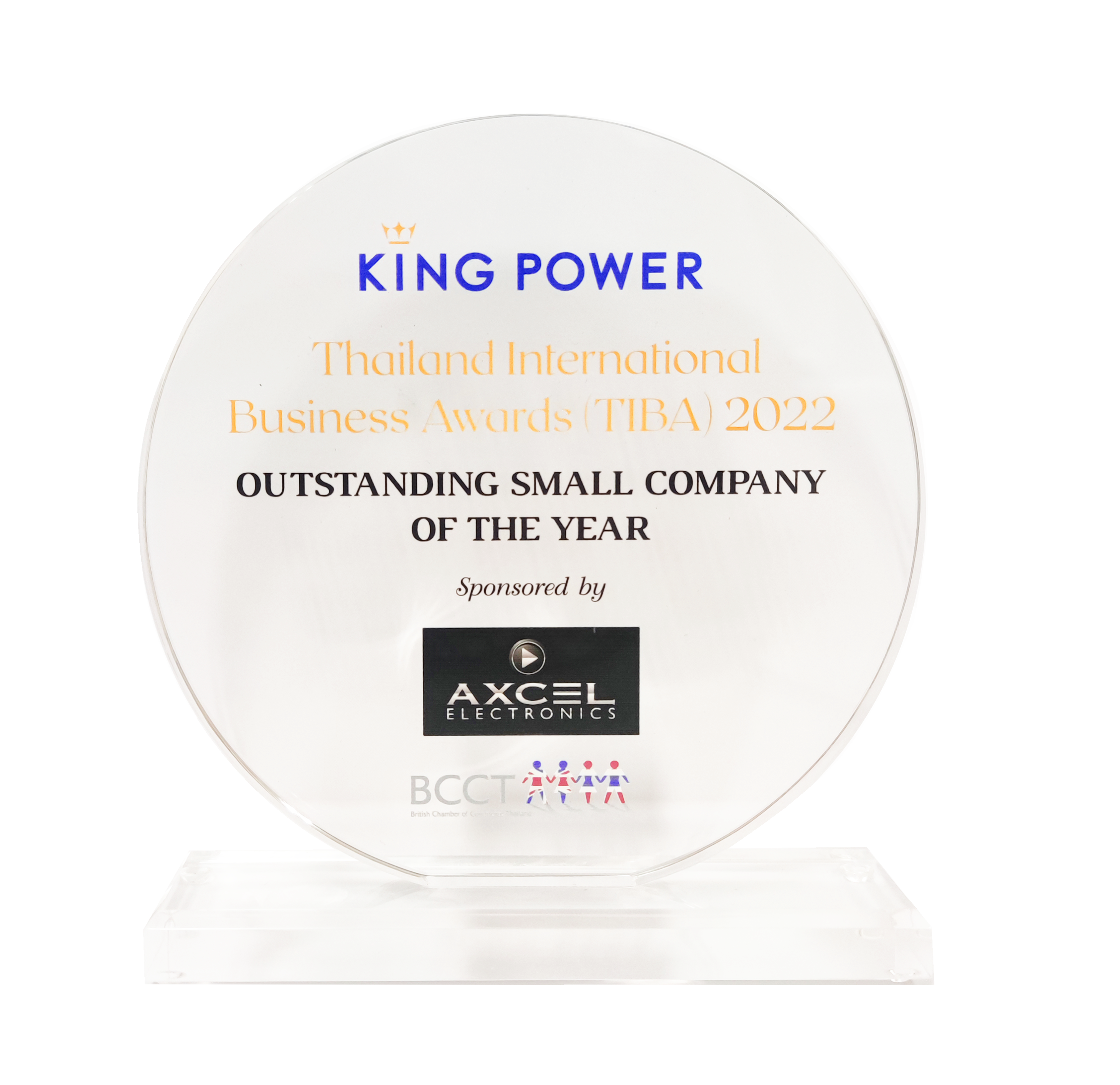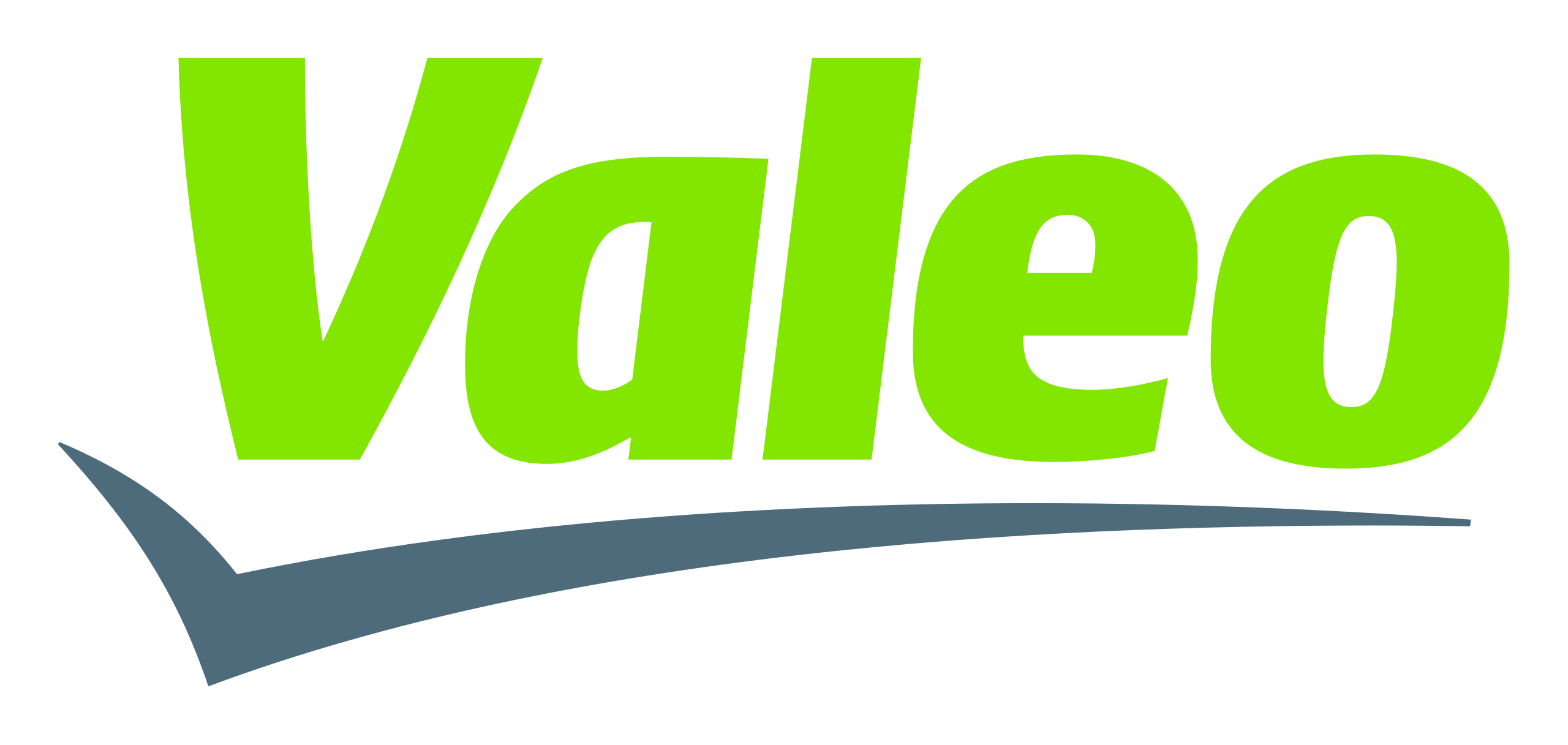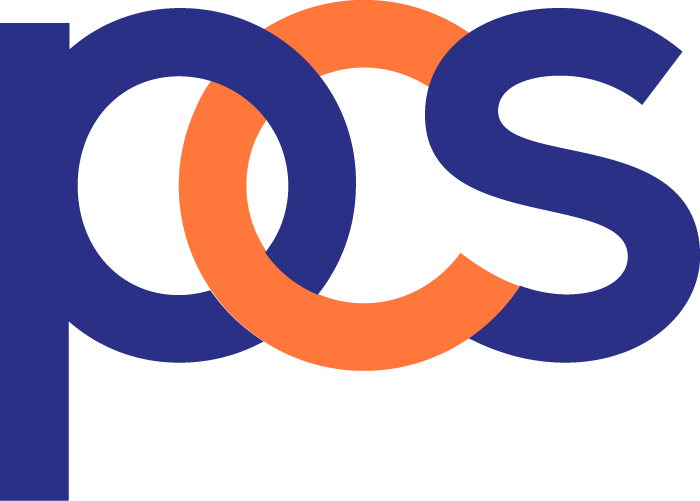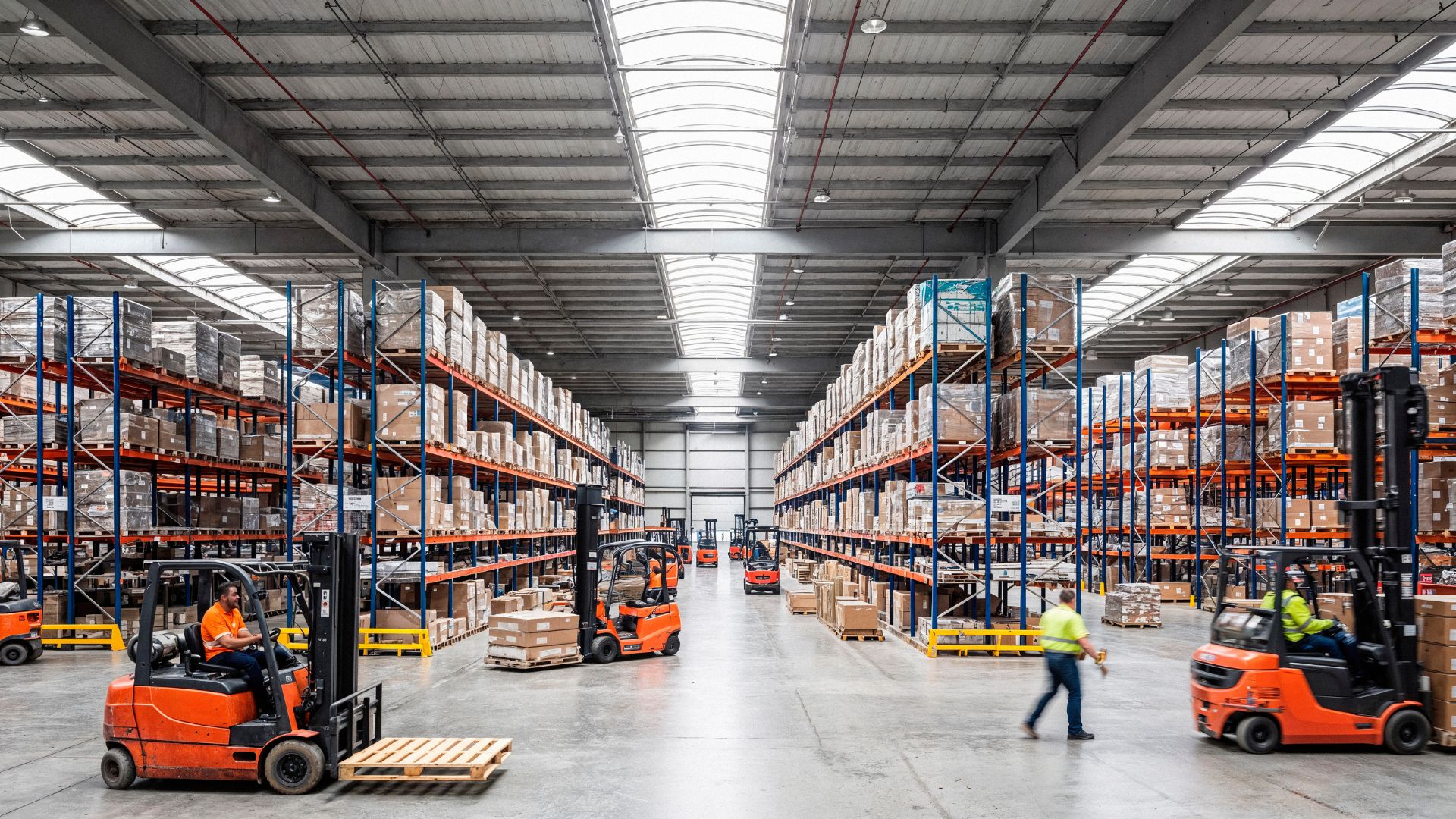
Jun
2
Strategies to Bring Younger Workers into Thailand’s Manufacturing Industry
As Thailand’s manufacturing sector continues to play a pivotal role in the country’s economic growth, one critical issue is emerging across the board: a widening generational gap in the workforce. With older workers nearing retirement and younger generations showing less interest in factory and industrial roles, Thailand's manufacturing industry faces a pressing need to attract, engage, and retain younger talent.
This article explores the reasons behind the disconnect and offers practical strategies to bring a new generation into the fold, revitalising the sector and future-proofing productivity.
Understanding the Talent Gap in Thailand's Manufacturing Sector
Thailand’s manufacturing industry, encompassing automotive, electronics, food processing, and industrial equipment, has long been a national powerhouse. However, rapid technological advancements and an ageing workforce have exposed vulnerabilities in the labour pipeline.
Many younger workers gravitate toward tech, service, or freelance careers, often perceiving manufacturing jobs as physically demanding, repetitive, or lacking in upward mobility. Bridging this gap will require not only cultural and policy shifts but also a comprehensive change in how manufacturing roles are presented to the younger generation.
Strategy 1: Rebrand the Image of Manufacturing
One of the most urgent challenges is to rebrand manufacturing as a modern, innovative, and purpose-driven industry. Too often, young people associate factory work with outdated machinery and manual labour.
Employers must promote real stories that highlight digital transformation within the sector, such as the use of robotics, AI-driven logistics, and sustainable practices. Thailand's manufacturing is evolving into advanced manufacturing, and it’s essential this message reaches schools, universities, and online platforms where younger talent resides.
Social media campaigns, influencer collaborations, and video content showcasing clean, tech-driven factory environments can make a lasting impression and break old stereotypes.
Strategy 2: Strengthen Vocational-Education Partnerships
Bridging the gap between education and industry is critical. Employers in Thailand’s manufacturing industry need to collaborate more closely with vocational colleges, universities, and technical institutes to align curricula with industry needs.
Initiatives such as co-developed apprenticeship programmes, internship pipelines, and industry-sponsored training can offer students hands-on experience and clearer career paths. These partnerships also allow employers to identify high-potential talent early and nurture them through tailored development plans.
Strategy 3: Offer Clear Career Progression Paths
Young workers are not simply looking for a job, they are looking for a career journey. Traditional manufacturing jobs have often failed to communicate opportunities for progression, especially in areas such as quality control, design, maintenance, or production engineering.
Companies should create structured career development frameworks, showing how a shop-floor technician could become a plant supervisor or process engineer within a few years. Clear milestones, regular training, and personal development plans are essential to keeping younger workers engaged.
Strategy 4: Modernise Work Environments and Benefits
Modern workers expect more from their workplace, both physically and culturally. While Thailand's manufacturing industry is making strides toward digitalisation, many factories still lag in employee experience.
Updating workplace safety, improving ergonomics, adopting better break facilities, and offering hybrid roles in logistics, design, or admin functions can help manufacturers stand out.
Equally, offering competitive and progressive benefits such as mental health support, flexible leave policies, wellness programmes, and performance bonuses can significantly improve employer branding among younger demographics.
Strategy 5: Leverage Digital Tools for Recruitment
Today’s talent expects convenience, speed, and transparency when applying for jobs. Traditional recruitment processes involving slow paperwork or outdated job listings will turn younger applicants away.
To reach them effectively, manufacturers should embrace digital recruitment tools such as mobile-friendly application platforms, automated interview scheduling, and real-time job updates. Platforms like LinkedIn, TikTok, and Line can also be powerful avenues for recruitment marketing tailored to Gen Z and Millennials.
Strategy 6: Highlight Purpose and Sustainability
Younger generations are driven by purpose and many are environmentally and socially conscious. Fortunately, Thailand's manufacturing is increasingly focusing on sustainable practices, from clean energy use to waste reduction.
These efforts should be woven into the recruitment narrative. Whether it’s reducing carbon emissions in the automotive sector or using biodegradable materials in packaging production, sharing your sustainability story can resonate deeply with mission-driven young professionals.
Strategy 7: Create Youth Ambassador Programmes
Empowering younger employees to become ambassadors for their workplace can create peer-to-peer influence. These employees can attend school job fairs, lead social media campaigns, or contribute to blogs and vlogs that provide a firsthand look at life in the industry.
This approach helps demystify the day-to-day experience and builds authenticity into your brand, something traditional employer branding often lacks.
Empowering a New Generation with JacksonGrant
As Thailand’s manufacturing industry evolves with the rise of automation, digitalisation, and sustainability, its workforce must evolve alongside it. Attracting younger talent requires more than competitive salaries; it demands a complete rethink of the work experience, recruitment strategy, and career messaging.
At JacksonGrant, we help companies modernise their hiring approach to align with the values and expectations of today’s workforce. Whether you’re looking to revitalise your employer brand, build youth-focused recruitment pipelines, or improve talent retention, our manufacturing-specialist recruiters are ready to help.
Contact JacksonGrant to find out how we can help your organisation attract and develop the next generation of manufacturing leaders in Thailand.
View

